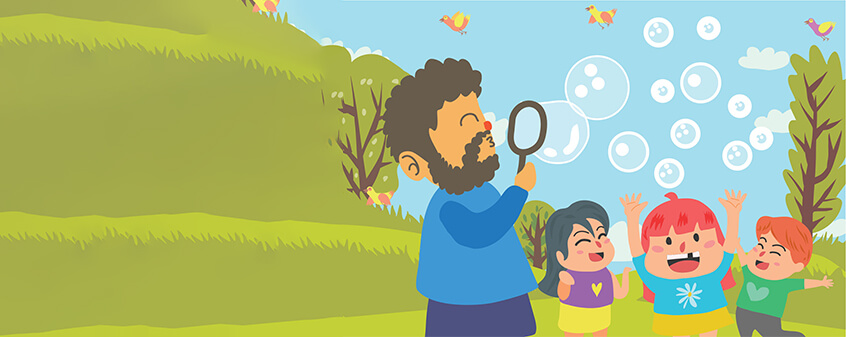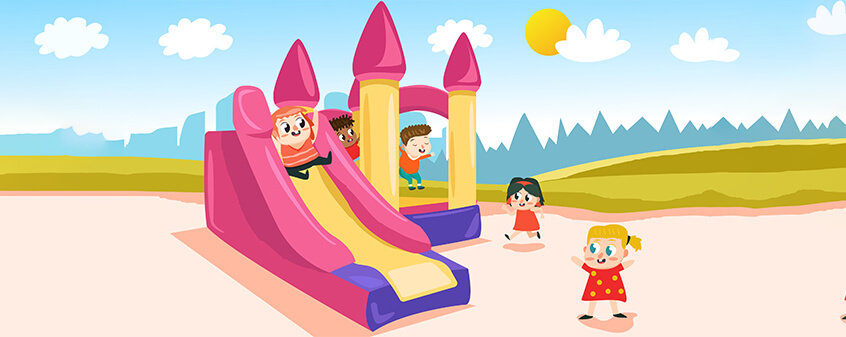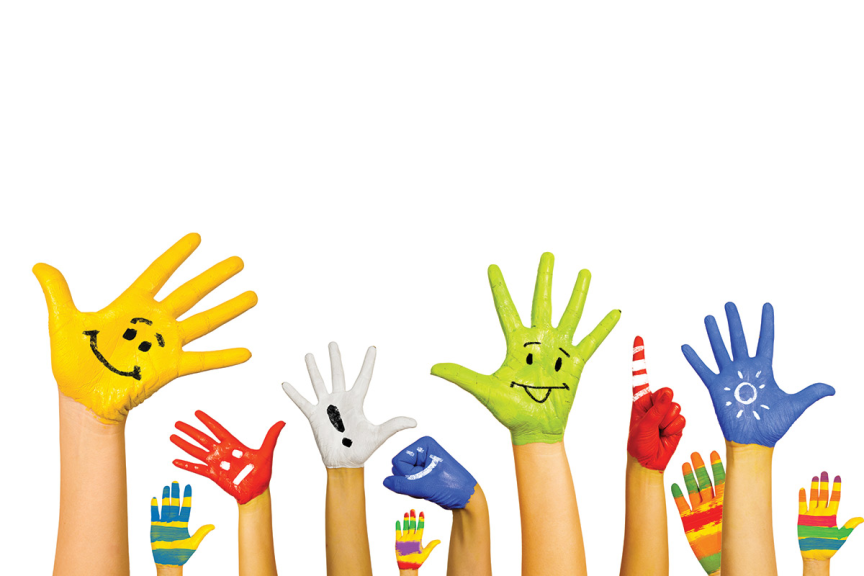I recently read an article on 'Why Google doesn't care about hiring top college graduates'. It explains how after years of analysing who succeeds at the company, they have moved away from high GPAs and brand name school and colleges. Google has discovered what most teachers already know. A student who is successful in school is not necessarily successful in life! An education that only educates the brain and not the mind, soul, heart and spirit of a child is a system that fails students. The habits of mind that lead to success are based in developing the Emotional Quotient.
Unfortunately even though most of us involved in education instinctively know that learning opportunities carefully crafted and presented in an integrated and high engagement manner can become an unending journey of discovery, knowledge creation and growth, we fear the implementation of those, simply because the success of a school is measured by test scores in exams, rather than the success of students after they leave school. Therefore we are fearful of walking the less trodden path, just in case it does not take us to the test score result as a destination.
§ How to inculcate ‘habits of success’ which are not solely dependent on the intellect
Children, who do brilliantly academically, sometimes struggle to make it big once they are out of school. Getting 100 percent on an exam is no longer the key. Knowledge and understanding that were the cornerstone of the information age won't cut it in the conceptual age that we are entering. The future is all about creativity and innovation. We constantly evolve our learning systems based on neuroscience findings of how the brain best learns and mapping what our students will need to be equipped with when they leave school. Content knowledge forms only 40% of our learning system. The remaining 60% is based on what we call the intangible, implicit, untested curriculum geared to develop the habits of mind that lead to success.
§ How the role of the pre-school or school has changed in the last 20 years
2016 ushered for us the development of a new ‘new age curriculum’. One that will equip our children to face the age they will need to work and flourish in. The learning vision should be one where the focus is on creativity, critical thinking (including being aware, mindful and responsible consumers) collaboration, problem solving, connecting the dots, imagination and conceptual reasoning. Twenty years ago schools were educating children for the industrial age. The landscape schools exist in today has changed totally.
§ How important is primary education/ pre-school for a kid?
During the early years children develop a concept of self which result in an increase in independence and a growing sense of autonomy. They begin to take initiatives, make choices and assert themselves in socially acceptable ways. At the same time, they become ardent observers of the world around them and persistently experiment with their surroundings and their interactions with parents and teachers. I believe that readiness for school includes children developing the knowledge, skills, behaviors and attitudes they will need to successfully progress to their primary education. The focus is not on learning by rote. Integrated and theme based learning encourages the child to apply prior knowledge and extend the same during conversations, informal play or worksheets. How your child's brain is connecting all the dots and strengthening the neural pathways towards a creative brain is very important, and best assimilated in the early formative years.
§ Providing the utmost value to both students
With an intention to spark human greatness in every student, I have always advocated a learner centric methodology and innovative ways of learning by providing integrated activity and theme based learning. Our focus as educators should be to prepare our children for a meaningful, purposeful and fulfilling adult life. Schools and parents have to work together to ensure that every child finds his purpose and lives his blueprint.








